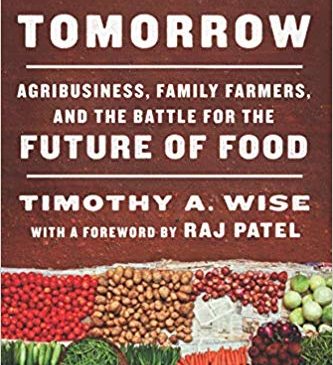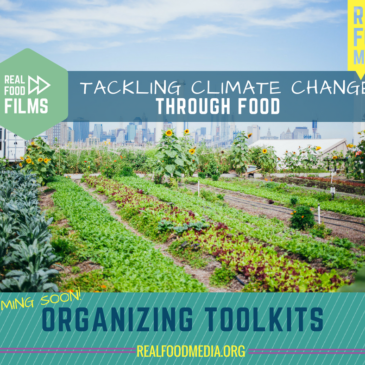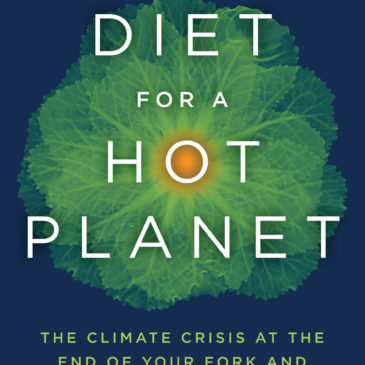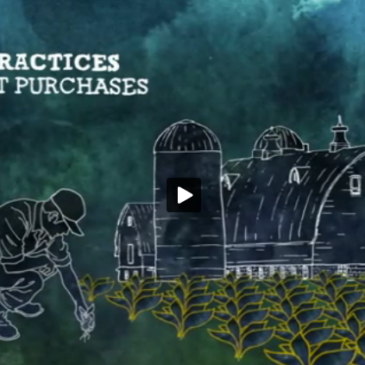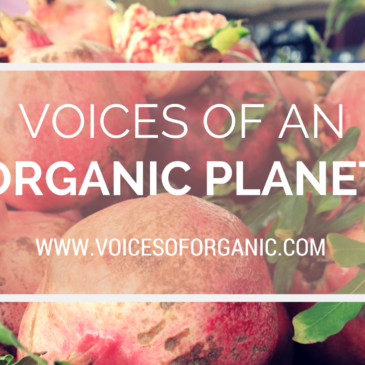Big food and agriculture corporations have invested billions trying to convince us that they are the future. But we know that small farmers and agroecology are the way forward.
Who will feed the world as our global population grows and climate uncertainty deepens? What will the future of food production look like? These are some of the most important questions of our time. We believe the answer lies in the people and practices that are feeding the world right now: family farmers practicing diversified agriculture, together with small-scale fishers, herders, and ranchers.
Small farmers produce most of the food people eat—over 80 percent in much of the developing world. They do so on a fraction of the land, using a fraction of the resources compared with large-scale monoculture growers. And the majority of them are women. Data can be hard to come by, but where it’s available, it paints a dramatic picture: consider El Salvador, where small farmers use just 29 percent of the land, but grow 90 percent of the beans, 84 percent of the corn, and 63 percent of the rice—the three basic staple foods.
Moreover, the products of large-scale industrial agriculture are often not even “food”—in the sense of the stuff we eat directly for nourishment—they’re “commodities” like soybeans, corn, cotton, and sugarcane that are industrial ingredients traded on the New York Stock Exchange. These commodities often end up as feedstock for industrial livestock or biofuel for gas tanks. When they do land on our plates, it’s usually in the form of nutrient-deprived packaged products, sugary drinks, and fast foods that are driving a global epidemic of diet-related diseases.
If this all sounds counterintuitive, it’s because it is. Corporate influence has built up some monumental myths about the causes of hunger—myths that paint a picture of global scarcity only their products—like agrochemicals and genetic engineering—can solve. These myths have captured our imaginations, and it’s up to us to reclaim them—so we can build a movement based on solutions that really work, led by the people who are already hard at work feeding the world.
One of these solutions is agroecology, which is rapidly growing into a global movement, and with good reason. Decades of research shows the multiple benefits of agroecology: it’s a way of farming that produces healthy food, builds healthy soil, and fosters healthy communities. It also honors and incorporates the vast knowledge and innovations of small farmers and indigenous peoples instead of imposing cookie-cutter technologies.
We believe that this way of farming and the food it produces is far from an elitist pursuit. It is a human right. Every one of us, no matter who we are or where we live should have access to real food that nourishes our minds, bodies, and spirits. We also believe that certain people’s bodies should not be sacrificed in the production of food for others—as is the case of millions of farmworkers and other food producers subject to grueling and dangerous labor conditions and exposed to toxic chemicals in fields and processing plants.
This is an exciting moment to be talking about food: we are at a crossroads. Across the United States and worldwide, people are calling for a global commitment to agroecology, land reform, food justice, and food sovereignty.

